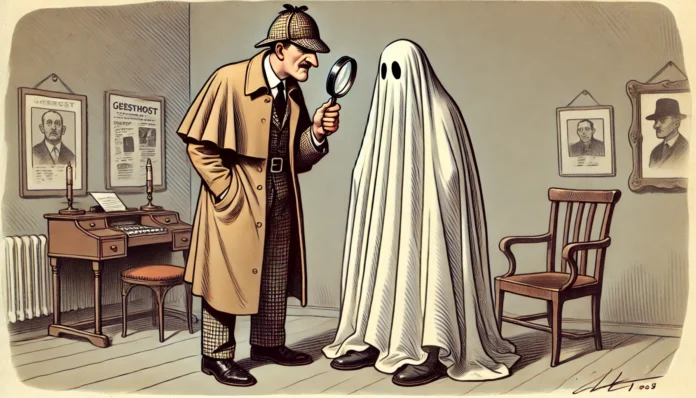The Allure of the Unexplained
From mysterious lights in the sky to haunted houses and miraculous healings, stories of the paranormal have captivated humanity for centuries. In an age of science and technology, why do so many people still believe in UFOs, ghosts, and gods? As atheists and skeptics, we approach these extraordinary claims with curiosity, critical thinking, and a commitment to evidence. This guide explores the enduring appeal of the paranormal and how a skeptical, pro-atheism perspective can help us separate fact from fiction—while still embracing the wonder of the unknown.
UFO Sightings: Separating Fact from Fiction
Unidentified Flying Objects (UFOs) have been a source of fascination and speculation for decades. Recent government reports, such as the 2021 U.S. intelligence assessment, have reignited public interest. However, as Skeptical Inquirer and other critical sources point out, most UFO sightings can be explained by natural phenomena, misidentified aircraft, or even camera glitches. The lack of concrete evidence for extraterrestrial visitation remains a significant hurdle for believers.
Psychological factors also play a role. Humans are pattern-seeking creatures, prone to seeing meaning in randomness—a phenomenon known as pareidolia. This tendency, combined with media sensationalism, helps fuel the UFO mythos. Skeptics advocate for rigorous investigation and demand extraordinary evidence for extraordinary claims.
Ghost Stories: The Science of Hauntings
Ghost stories are as old as civilization itself, with countless tales of spirits, poltergeists, and haunted locations. Yet, scientific investigations consistently fail to provide verifiable evidence of the supernatural. Organizations like the Center for Inquiry have conducted numerous studies, often finding that supposed hauntings can be attributed to environmental factors, psychological suggestion, or even carbon monoxide poisoning.
Sleep paralysis, infrasound, and electromagnetic fields are just a few of the natural explanations for eerie sensations and sightings. The modern ghost-hunting industry often relies on questionable gadgets and anecdotal evidence, but skeptics urge a more scientific approach—one that values reproducibility and peer review over personal testimony.
Faith Healing and Miracles: The Power of Belief
Claims of miraculous healings and divine intervention are common in many religious traditions. However, controlled studies have repeatedly shown that faith healing is no more effective than placebo. The Center for Inquiry and other advocacy groups have highlighted the dangers of relying on unproven treatments, especially when they replace evidence-based medicine.
Placebo effects, spontaneous remission, and misdiagnosis can all contribute to the illusion of miraculous cures. Skeptics emphasize the importance of medical science and caution against the exploitation of vulnerable individuals by faith healers and miracle workers.
Why Do People Believe?
Despite the lack of empirical support, belief in the paranormal persists. Cognitive biases, such as confirmation bias and the availability heuristic, make us more likely to remember and share extraordinary stories. Social and cultural factors also play a role, as paranormal beliefs can provide comfort, community, and a sense of meaning in an unpredictable world.
According to research published in Skeptical Inquirer, education and critical thinking skills are key to fostering skepticism. Atheists and secular humanists often advocate for science literacy and skepticism as antidotes to superstition and pseudoscience.
The Skeptical Approach: Inquiry and Wonder
Being a skeptic doesn’t mean rejecting wonder or curiosity—it means applying the tools of science and reason to investigate claims. Skeptics ask questions, seek evidence, and remain open to new information. As Carl Sagan famously said, “Extraordinary claims require extraordinary evidence.”
Resources like Skeptical Inquirer and the Center for Inquiry offer valuable guides for critical thinking and debunking myths. By promoting scientific explanations and encouraging open-minded inquiry, atheists and skeptics help demystify the world—while still appreciating its mysteries.
Embracing the Unknown
The universe is vast and full of unanswered questions. While skepticism may debunk many paranormal claims, it also invites us to explore the unknown with humility and awe. By valuing evidence over anecdote and reason over superstition, we can find wonder not in the supernatural, but in the natural world itself.

